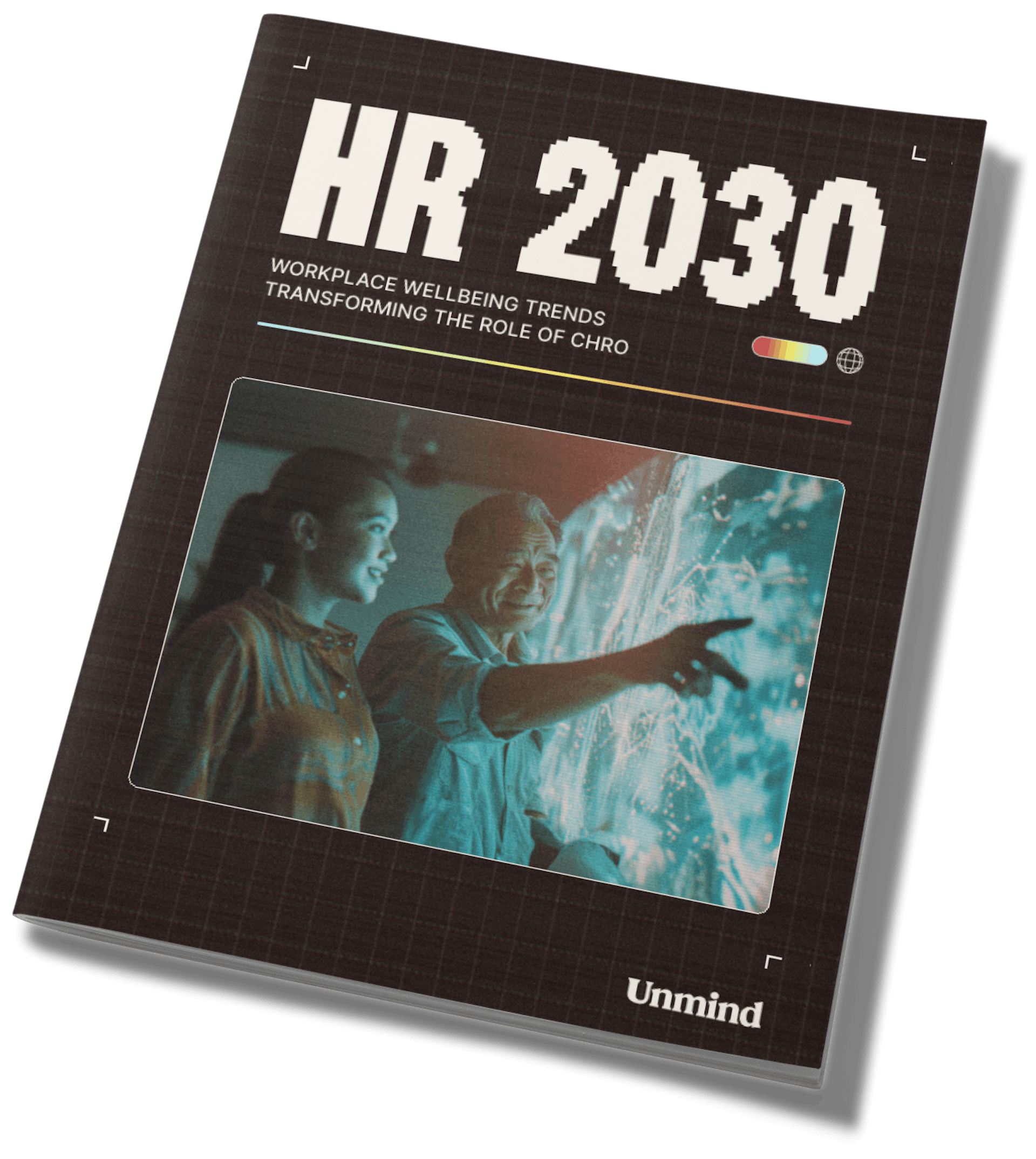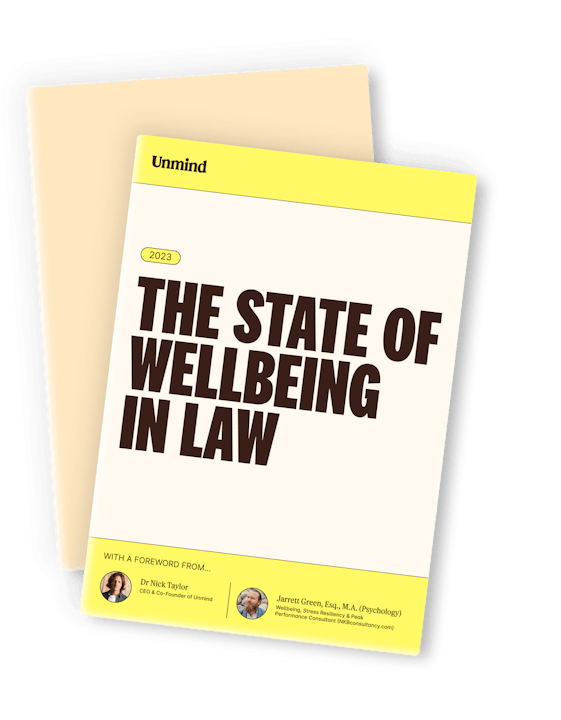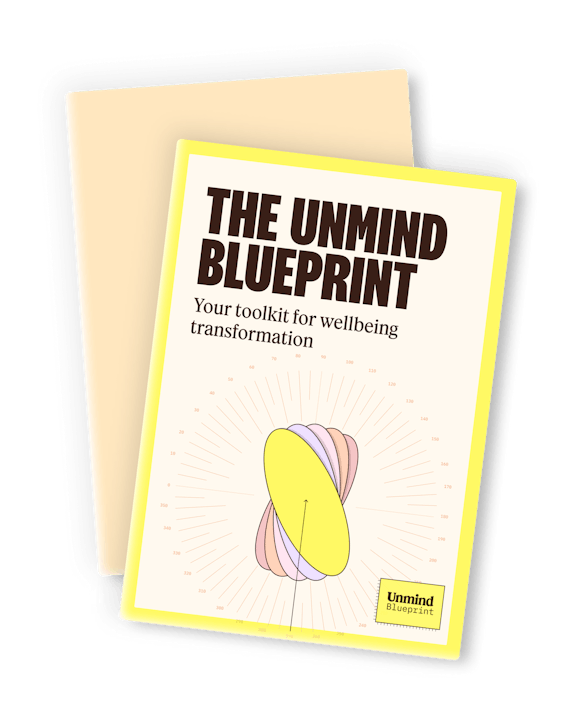Trends 2030
Workplace wellbeing trends redefining the role of CHRO

Forget workplace wellbeing trends for 2024. We’re looking ahead to 2030.
The rate of change over the last few years makes it easy to fall into short-term and reactive thinking. But the leaders who will define the next decade are the ones who can think long-term and get ahead of the coming wave.
For this year’s annual trends report, we surveyed 3,625 HR decision-makers in leading global organizations to provide a data-driven view of how workplace wellbeing will evolve over the next decade. We also spoke with subject matter experts and leading practitioners to get exclusive insights and tangible steps you can take to get ahead from now to 2030.
Wonder what the world of work will look like by the end of the decade and how this will impact your career? Download your copy of HR 2030 to discover:
- The three trends that will define HR’s success or failure.
- How to become a strategic business partner to the C-suite.
- One-, three- and six-year HR transformation plans to apply in your organization.
Don’t wait to build a better future. Start now – fill out the form to download the report.

